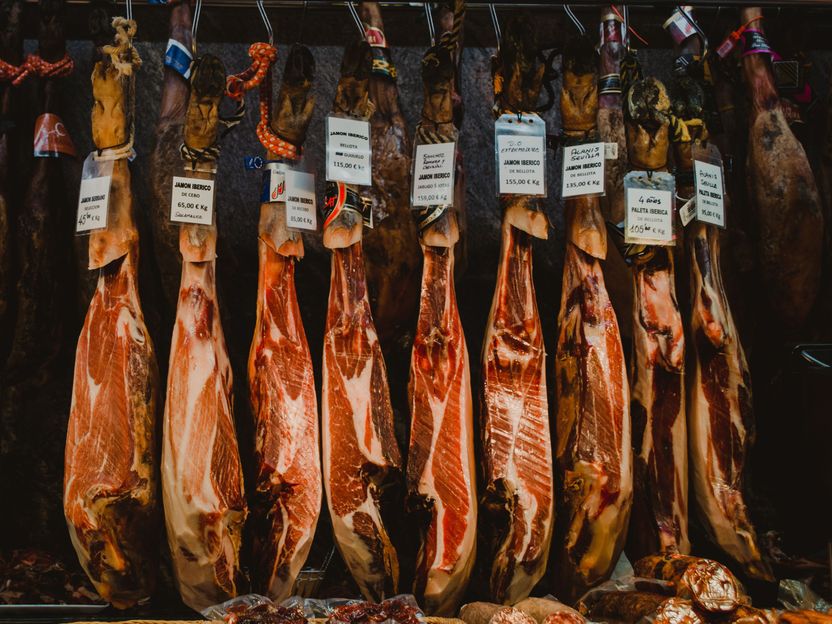Less meat consumption better for people and the environment
Advertisement
If you want to live healthier and protect the environment, you should eat less beef. A new study has now impressively proven this. A changeover from beef to alternative protein sources, for example, could reduce the number of diet-related deaths worldwide by up to 2.4 percent, according to the study published on Thursday by the Oxford Martin School for the World Economic Forum (WEF). In affluent countries it would even be up to 5 percent.

Photo by Zoltan Kovacs on Unsplash
At the same time, the study shows that beef production was responsible for 25 percent of all greenhouse gas emissions from the food sector in 2010. According to the study, alternative protein sources could significantly reduce emissions.
The production of beef with a nutritional value of 200 kilocalories would release greenhouse gases with a warming effect of 23.9 kilograms of carbon dioxide. If, on the other hand, beans, wheat or nuts produce the same nutritional value, it is only one kilo or less. For other protein sources such as tofu (around 3 kilograms), pig (around 4 kilograms) and chicken (around 6 kilograms), the study found that the so-called emission factor is somewhat higher but still far below that of beef.
The WEF environmental expert Dominic Waughray said that it would be impossible in the future to meet the global demand for meat in a sustainable way. But: "This report shows that it is possible to produce enough nutrients for 10 billion people and to improve people's health without necessarily having to give up meat altogether". However, meat production must become more efficient and consumers must eat more varied foods./gma/DP/jha (dpa)
Most read news
Other news from the department business & finance

Get the food & beverage industry in your inbox
By submitting this form you agree that LUMITOS AG will send you the newsletter(s) selected above by email. Your data will not be passed on to third parties. Your data will be stored and processed in accordance with our data protection regulations. LUMITOS may contact you by email for the purpose of advertising or market and opinion surveys. You can revoke your consent at any time without giving reasons to LUMITOS AG, Ernst-Augustin-Str. 2, 12489 Berlin, Germany or by e-mail at revoke@lumitos.com with effect for the future. In addition, each email contains a link to unsubscribe from the corresponding newsletter.
























































